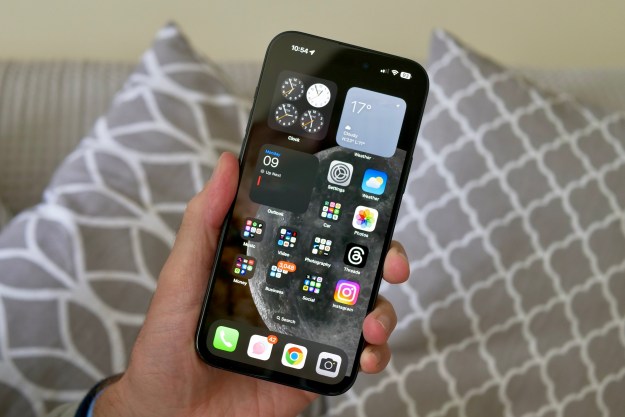
The developer — Tomasz Koperski, who is involved with popular apps such as Weblock and Adblock — explained that Apple stopped accepting updates to the applications because they violate the App Store Developer Guidelines. The requirement states that if your app is not unique, useful, or provides some sort of entertainment value, then it will not be accepted.
The policy is apparently based on section 4.2.1 of the guidelines, stating that APIs and frameworks should only be used for intended purposes, and Apple might not consider adblocking as one of them. The guidelines include examples like Homekit which should provide home automation services and Healthkit for health and fitness purposes.
After Koperski appealed the rejection to the App Review Board, a member of the Review Team reportedly responded by explaining that Apple has officially changed its policy in terms of VPN/root certificate based ad blockers — and updates for existing apps using this particular method will not be accepted, MacRumors noted. With such a supposed shift, the only adblock apps officially allowed on the App Store are any that use the Safari Content Blocker — which only blocks ads in Safari instead of VPN-based clients that block ads within all applications.
However, Apple recently responded to 9to5Mac to clarify that the guideline is not new, and apps that are designed to interfere with the performance or capabilities of other apps were never allowed on the App Store. The company also said it would take down apps that managed to sneak their way onto the App Store, and that contain features that offer to block advertising in third-party apps.
To add to its reasoning, Apple assures it has always supported advertising as one of the various ways developers are able to make money with apps. Since the App Store’s launch in 2008, its global developer community has earned over $70 billion — so the company is no stranger to helping developers make a profit.
For now, it seems users can continue to use the current version of ad-blocking apps downloaded onto their devices. However, future updates will not be permitted.
Editors' Recommendations
- Apple is about to do the unthinkable to its iPads
- The most common Skype problems and how to fix them
- There’s a big problem with the iPhone’s Photos app
- When will Apple release iOS 18? Here’s what we know
- Everything you need to know about the massive Apple App Store outage


